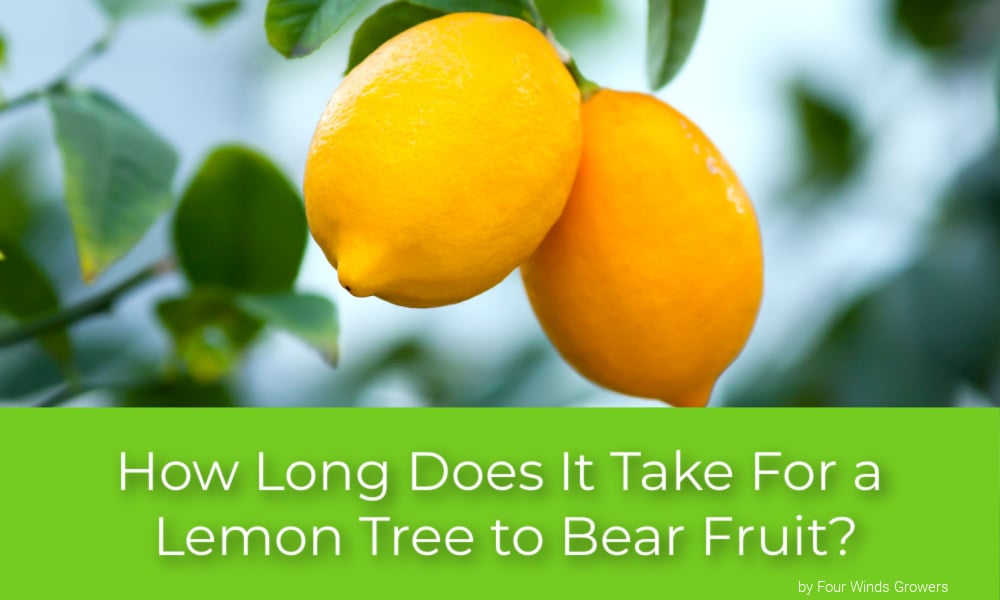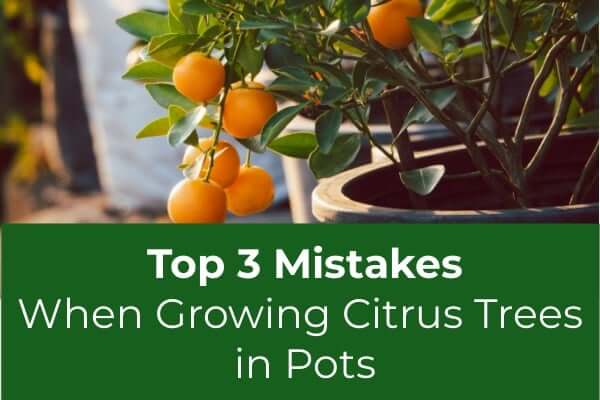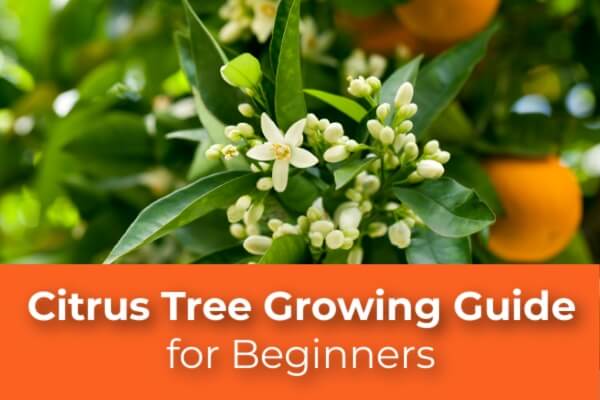The 3 Easiest Citrus Trees to Grow: Meyer Lemon, Bearss Lime, and Calamondin
Growing citrus trees is a rewarding experience. The fresh, tangy fruits brighten up any garden and provide a sense of accomplishment. However, not all citrus trees require the same level of care and attention. For gardeners looking for low-maintenance options, some citrus varieties stand out for their ease of growing and harvesting. We have picked out the 3 easiest citrus trees to grow which are perfect choices for beginners or busy gardeners. I find that these varieties grow quickly, are prolific fruit producers and respond very well to a schedule of regular watering, feedings and yearly pruning. They are: The Meyer Lemon, The Bearss Lime, and The Calamondin.
1. Meyer Lemon: A Zesty Treat
Starting our list with the ever-popular Meyer Lemon. This citrus gem is a favorite among beginner growers for its manageable size and distinctive flavor. The Meyer Lemon typically grows to a height of 6 to 10 feet, making it perfect for both outdoor gardens and container planting. Its glossy, dark green leaves add an aesthetic appeal to any space. This variety is considered ever-bearing, meaning it flowers and fruits more than one time per year. It typically will produce new growth in the spring and again in the fall.
The fruit itself is a delicacy, featuring a round to slightly oval shape and a vibrant yellow hue when ripe. What sets the Meyer Lemon apart is its sweeter taste compared to traditional lemons, with a hint of floral undertones. Whether you're a fan of lemonade, desserts, or savory dishes, the Meyer Lemon is a versatile addition to your edible garden.
Improved Meyer Semi-Dwarf Lemon Tree

$65.00
--OVERVIEW-- Now available! 36"-48" Premium Meyer Semi-Dwarf Lemon Trees Our Best Selling Citrus Tree! The Meyer Lemon tree is a California favorite Grows very well in containers The fruit is very juicy and less tart than Eureka Lemon or Lisbon Lemon. The… read more
2. Bearss Lime: A Citrus Classic
Next up is the Bearss Lime, a citrus classic known for its ease of cultivation and tart flavor. This lime variety, also known as Persian lime or Tahitian lime, typically reaches a height of 6 to 10 feet in containers and 10-15 feet in the ground. Like all of our citrus trees, height can be maintained by regular pruning. Its lush, dark green foliage provides a striking contrast to the glossy limes that adorn its branches.
Bearss Limes live most of their life green. When fully ripe, they turn yellow in color. The flavor is refreshingly tart, making it an excellent addition to beverages, salads, and desserts. With its manageable size and delicious fruit, the Bearss Lime is a fantastic choice for those new to citrus gardening.
Bearss Seedless (Tahitian/Persian) Semi-Dwarf Lime Tree

$65.00
--OVERVIEW-- Our Best Selling Lime Tree now available in 5-Gallon Premium Size! Also known as Persian Lime or Tahitian Lime. Bears heavy crops of juicy limes with a strong fresh flavor. The heavy fall crop of Bearss Limes stores well… read more
3. Calamondin: The Petite Powerhouse
Concluding our list of The 3 Easiest Citrus Trees to Grow, is the Calamondin, a petite powerhouse that packs a tart and citrusy punch. Calamondin trees are compact, reaching heights of 6 to 10 feet in pots, making them ideal for small spaces, patios, or balconies. These trees boast dense, glossy green leaves, and their small, round fruits add a pop of color to your garden.
Calamondins are unique for their diminutive size, bright orange fruit, and a flavor that strikes a balance between a mandarin and a lime. These tiny citrus wonders are perfect for making marmalades, jams, or adding a citrusy twist to your culinary creations. Their ornamental value and manageable size make them a popular choice for beginners and seasoned gardeners.
Calamondin/ Calamansi Semi-Dwarf Tree

$65.00
--OVERVIEW-- Now Available! 36"-48" Calamondin Semi-Dwarf Trees The Calamondin citrus fruit, also called Calamansi, is prized in the Philippines. This variety has prolific fruit production. Its small sour orange fruit used as you would use a lime. Calamondin trees have… read more
Choosing the Right Soil and Fertilizer: A Pro Tip
Now that we've highlighted these fantastic citrus varieties, let's talk about setting them up for success. To ensure your Meyer Lemon, Bearss Lime, or Calamondin thrives, it's crucial to provide them with the right soil and nutrients.
For optimal growth, consider using our DIY Primo Potting Soil – a blend specifically crafted for citrus trees. And when it comes to fertilizing, look no further than Romeo Plant Food or G&B Organics Fruit and Citrus Tree Fertilizer. These fertilizers are formulated to provide your citrus trees with the essential nutrients they need for robust growth and bountiful fruiting. Start with a 10-14” well draining pot and chunky well-draining soil. After its two week acclimation period, set your tree up in a spot that receives 6-8 hours of direct sun and keep the potting soil moist but not soggy or muddy. Your new trees should thrive with consistent proper care and produce lots of fruit in the years to come.
A Citrus Adventure Awaits
We love the sweet notes of the Meyer Lemon, the classic tanginess of the Bearss Lime, and the tart power that is the Calamondin. No matter your choice, you can not go wrong with what we think are the 3 easiest citrus trees to grow at home. Stay tuned for more citrus insights, gardening tips, and exciting updates from Four Winds Growers. Happy gardening!




